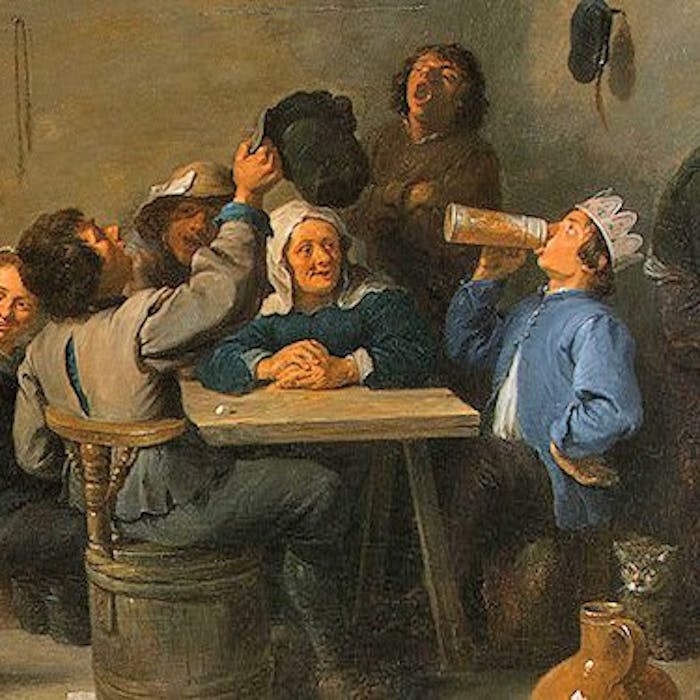
The Cancelled Christmas
In 1647 all Christmas celebrations were banned in England, Scotland, Wales and Ireland. Shops were told to stay open, fun and games were outlawed, and festive food and drink was confiscated by the authorities. This did not go down well...
In 1647, parliament had won the Civil War in England, Scotland and Ireland and King Charles was held in captivity at Hampton Court. The Church of England had been abolished and replaced by a "back to basics" severe Presbyterian system.
Holy days, Christmas included, were abolished.
The usual festivities during the 12 days of Christmas (December 25th to January 5th) were deemed unacceptable. Shops had to stay open throughout Christmastide, including Christmas Day. Displays of Christmas decorations – holly, ivy and other evergreens – were banned. Other traditions, such as feasting and the celebratory consumption of alcohol, consumed in large quantities then as now, were likewise restricted.
Christmas Day, however, didn’t pass quietly. People across England, Scotland and Ireland flouted the rules.
In Norwich, the mayor had already been presented with a petition calling for a celebration of a traditional Christmas. He could not allow this publicly, but ignored illegal celebrations across the city.
In Canterbury, the usual Christmas football game was played and festive holly bushes were stood outside house doors. Over the 12 days of Christmas, the partying spread across all of Kent and armed force had to be used to break up the fun.
Christmas Day was celebrated in the very heart of Westminster and the churchwardens of St Margaret’s church (which is part of Westminster Abbey) were arrested for failing to stop the party. The London streets were decked with holly and ivy and the shops were closed. The mayor of London was verbally assaulted as he tried to rip down the Christmas decorations with the help of the city’s own battle-hardened veteran regiments.
Ipswich and Bury St Edmunds in Suffolk also celebrated Christmas rowdily. Young men armed with spiked clubs patrolled the streets persuading the shopkeepers to stay shut.
Fighting against the prohibition of Christmas became a political act. While Parliament attempted to keep the laws in the intervening years while Cromwell was in charge of the country, they did so with little success.
Although they reinforced the ban in 1652, by 1656 it was obvious nobody was paying any attention – with shops shutting and MPs even being kept awake by Christmas parties next door to their lodgings.
Eventually, in 1660, when the monarchy was restored and Charles II took to the throne, the ban was repealed and celebrating Christmas once again became legal.
Further reading
Links to external websites are not maintained by Bite Sized Britain. They are provided to give users access to additional information. Bite Sized Britain is not responsible for the content of these external websites.
